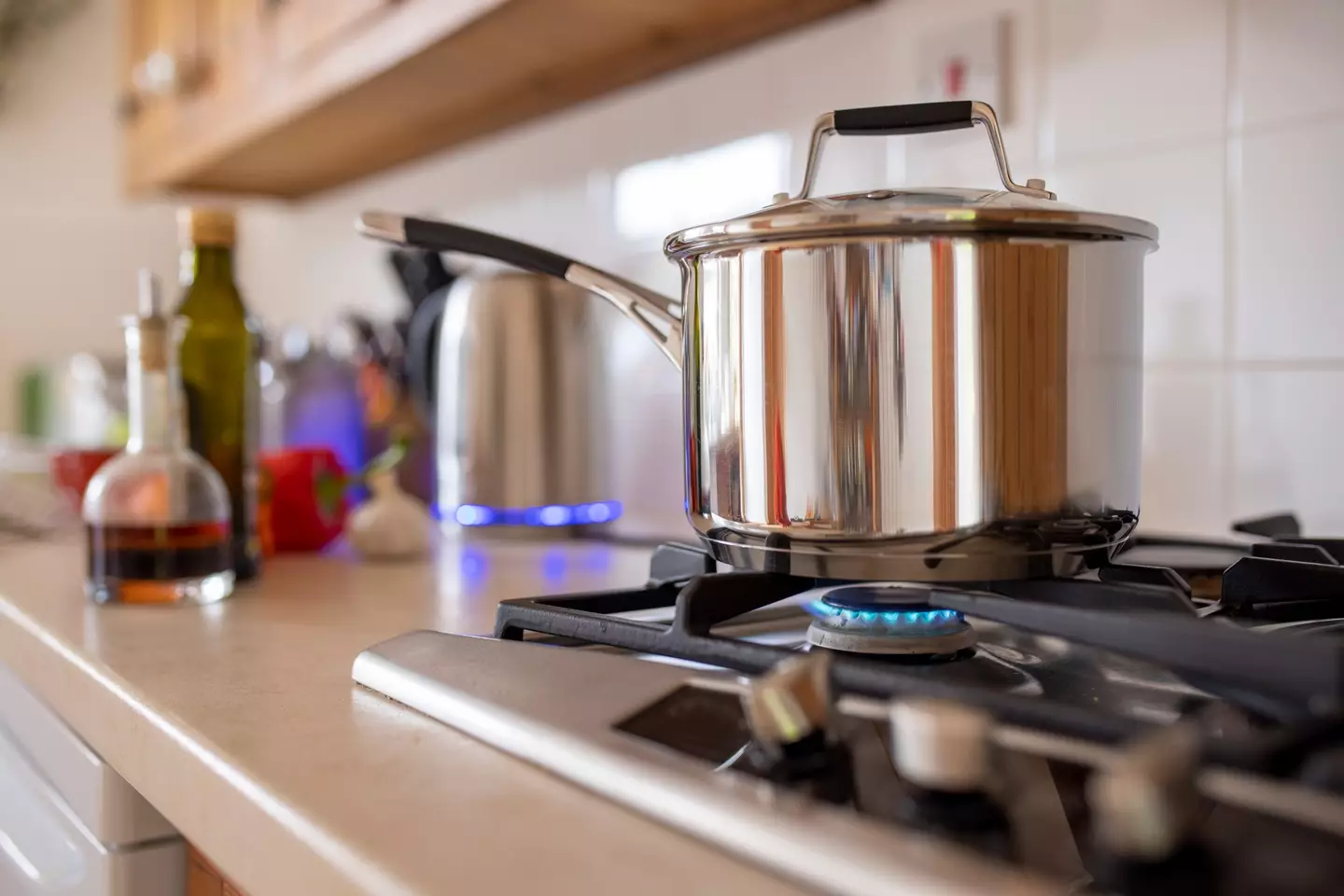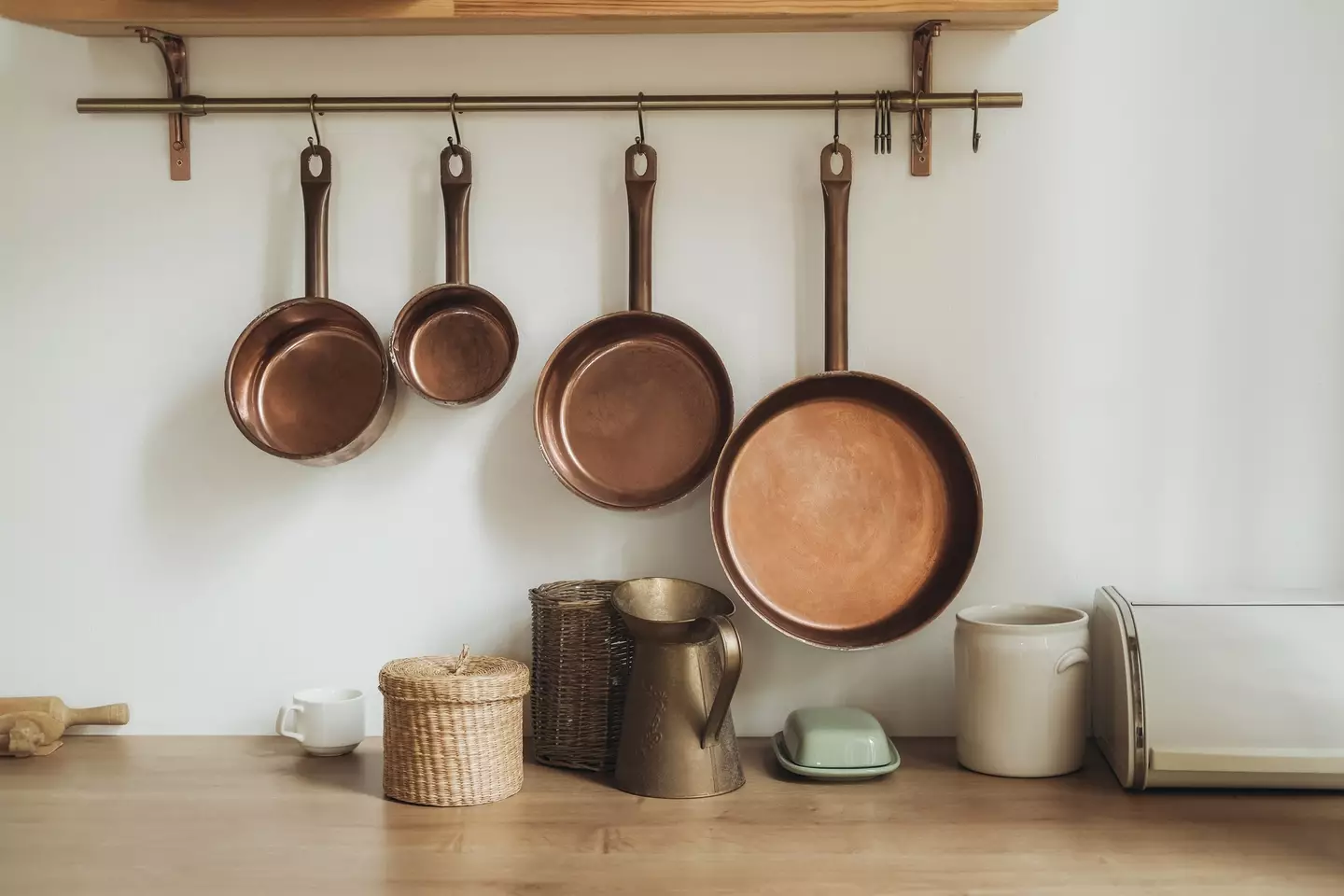
The Food and Drug Administration (FDA) has issued a serious alert that could affect the cookware sitting in your kitchen cupboards. According to the agency, certain imported pots and pans are capable of leaching unsafe levels of lead into food, making meals far more dangerous than they might appear.
The warning first surfaced in August when the FDA told both retailers and consumers to avoid particular types of aluminium and brass cookware. These items, which were found to contain alloys such as Hindalium/Hindolium and Indalium/Indolium, were tested by the FDA and state partners.
The results showed that these materials can 'leach lead into food,' making it unsafe for anyone who consumes it. The agency highlighted that 'young children, women of child-bearing age, and those who are breastfeeding may be at higher risk for potential adverse events after eating food cooked using these products'.

Advert
In September, the warning was expanded as three additional products were identified. These included Kadai/Karahi (Tiger White, Pure Aluminium Utensils Tm, Saraswati Strips Pvt. Ltd.) sold at Mannan Supermarket in Jamaica, New York; Silver Horse aluminium cookware, specifically the Aluminium Mathar Kadai 26 and Aluminium Milk Pan 4, sold at Patel Brothers in Schaumburg, Illinois; and JK Vallabhdas aluminium Kadai, available at INDIACO in Hoffman Estates, Illinois.
As the FDA explains: “Lead is toxic to humans and can affect people of any age or health status, and there is no known safe level of exposure to lead. Even low levels of lead exposure can cause serious health problems, particularly in children and foetuses."
Lead exposure symptoms
What makes the issue more concerning is that children may not immediately show obvious symptoms, but the damage can still be occurring. Learning difficulties, reduced IQ, and behavioural changes are just some of the long-term effects.
At higher levels of exposure, people may experience fatigue, headaches, stomach pain, vomiting, or neurological changes.

The Cleveland Clinic has also noted that adults are not immune to harm. Lead poisoning can lead to high blood pressure, cardiovascular disease, chronic kidney disease, and reproductive complications. The advice remains the same across the board that no level of lead exposure is considered safe.
As to what you should do if your pots or pans appear on this list, the FDA is direct in its response, urging people to 'throw away any cookware that may be able to leach lead into food when used for cooking or food storage'. The agency also stresses that consumers should not donate the items, as passing them on could put others at risk.
For now, the best course of action is to carefully check your cookware, especially if it was purchased from the listed retailers or made from the flagged alloys. Lead exposure might be invisible, but the health consequences are anything but.
